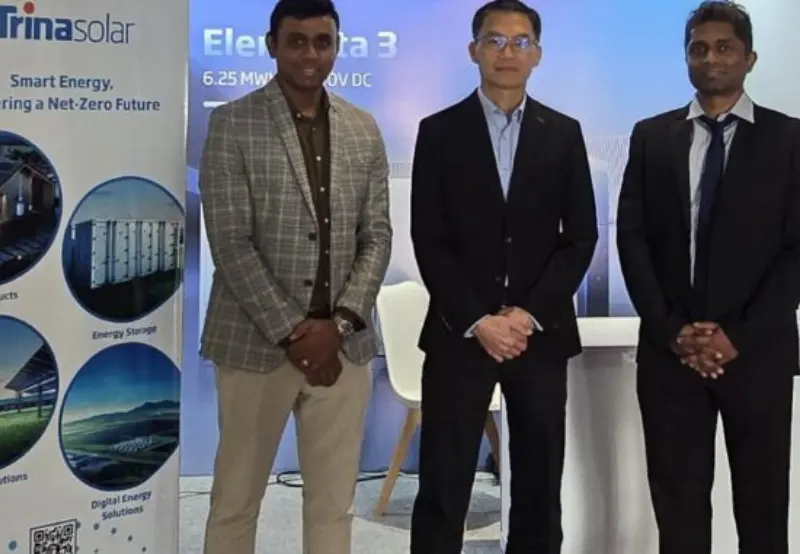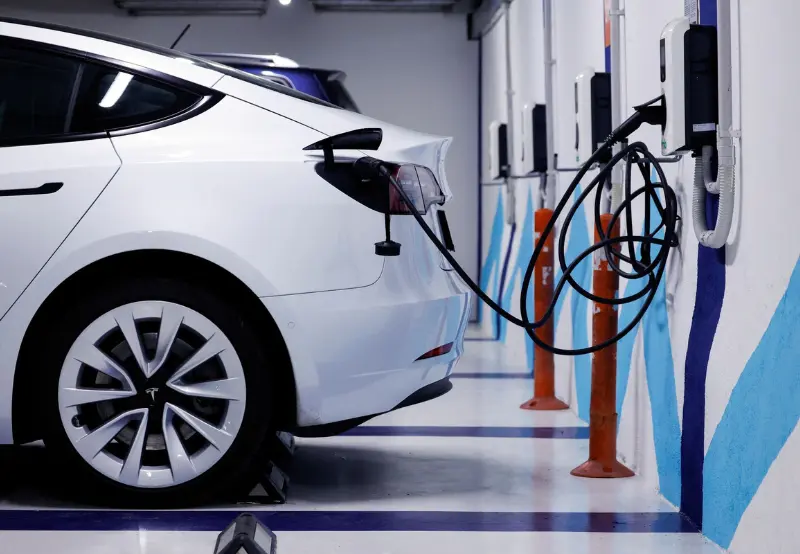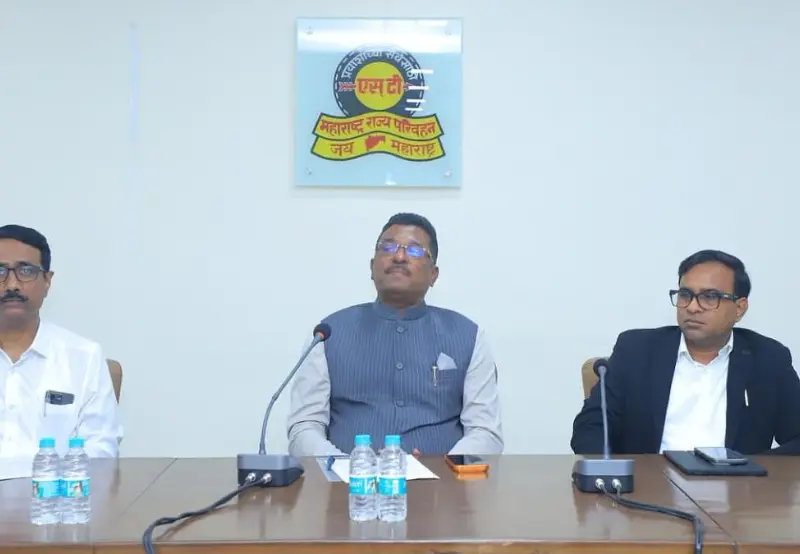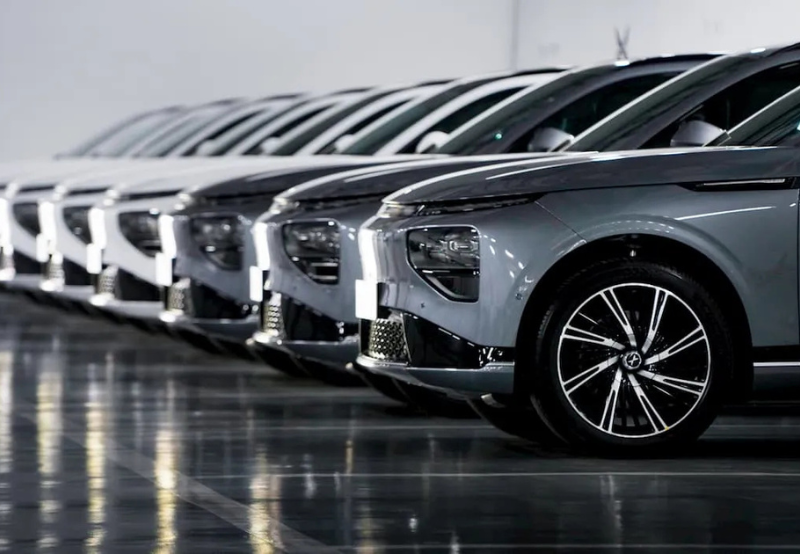Trina Solar reveals its Elementa 2 Pro and Elementa 3 battery energy storage systems at Energy Storage Summit India 2025, driving India’s push for advanced large-scale storage.
Introduction
At the Energy Storage Summit India 2025, held on 31 October-1 November in Greater Noida, Trina Solar took centre stage presenting its latest battery energy storage systems (BESS) — the Elementa 2 Pro and Elementa 3. These launches underscore the company’s commitment to helping India’s energy transition by delivering high-performance, scalable storage technologies tailored to the country’s unique climate and grid-integration challenges.
What’s New: Elementa 2 Pro & Elementa 3 Systems
Elementa 3 is the more advanced offering. It features liquid-cooled 587Ah cells, a capacity of 6.25 MWh, and promises a 12.5% reduction in Levelised Cost of Storage (LCOS) compared with previous models.
Elementa 2 Pro is designed for long lifecycle applications: it supports up to 12,000 cell cycles, offers a capacity of 5 MWh, and uses EV-grade cells, triple-layer protection and advanced monitoring. With hybrid and refrigerant-cooling design, it works across temperatures from –30 °C to 55 °C — making it suitable for India’s diverse geography.
Why These Innovations Matter for India
India is rapidly expanding its renewable-energy base, moving from intermittent solar and wind to a grid that demands more storage and flexibility. Trina Solar’s new solutions address key hurdles:
- Cost efficiency: A lower LCOS means storage projects become more commercially viable.
- Durability and suitability: The robust temperature range and long lifecycle mean better performance in Indian conditions (heat, humidity, varied terrain).
- Scalability: Multi-MWh systems help utilities, commercial & industrial users and large-scale solar farms to integrate storage more readily.
- Grid resilience: With more storage capacity, India can manage variable renewable generation, shifting from “just solar” to “solar + storage” models.
Strategic Implications for Trina Solar & the Market
For Trina Solar, these launches reinforce its positioning as a serious player not just in solar modules but in full energy-storage systems. The company reports shipments of over 12 GWh of ESS globally, and projects 8–10 GWh annual shipments by 2025.
For the broader Indian energy-storage market, Trina Solar’s move signals:
- Intensifying technology competition: Storage system suppliers must keep innovating on cost and performance.
- Growing local demand: More IPPs, utilities and C&I users will consider large-scale storage.
- Opportunity for local manufacturing and supply-chain development: As demand grows, localisation becomes more relevant.
What to Watch Going Forward
- Commercial rollout: How rapidly Trina Solar’s Elementa 2 Pro and Elementa 3 systems are adopted in India via pilot projects and large-scale deployments.
- Partnerships & EPC contracts: Which developers, utilities or commercial customers sign up to use these storage systems.
- Supply-chain & localisation strategy: Whether Trina Solar builds more manufacturing or assembly capacity in India to serve the market more efficiently.
- Lifecycle and performance data: As systems are deployed, real-world data on efficiency, reliability, maintenance and economics will matter.
- Policy and incentive alignment: Indian states and central policies may increasingly favour storage-linked tenders or hybrid solar+storage projects — which may benefit suppliers like Trina.
Conclusion
Trina Solar’s showcase of the Elementa 2 Pro and Elementa 3 battery energy storage systems at the Energy Storage Summit India 2025 marks a clear milestone in India’s energy-transition journey. These innovations are not just incremental; they reflect the next phase of renewables integration — where storage becomes as important as generation.
For India and its renewable ecosystem, the message is simple: it’s no longer enough to install solar panels. To unlock the full value and reliability of renewables, you need storage solutions that are cost-efficient, durable and scalable.
Trina Solar is signalling that it has those solutions ready. The coming months will show how quickly the market adopts them — and how they might reshape India’s path to a cleaner, smarter energy future.
For more insights, Energy Storage






